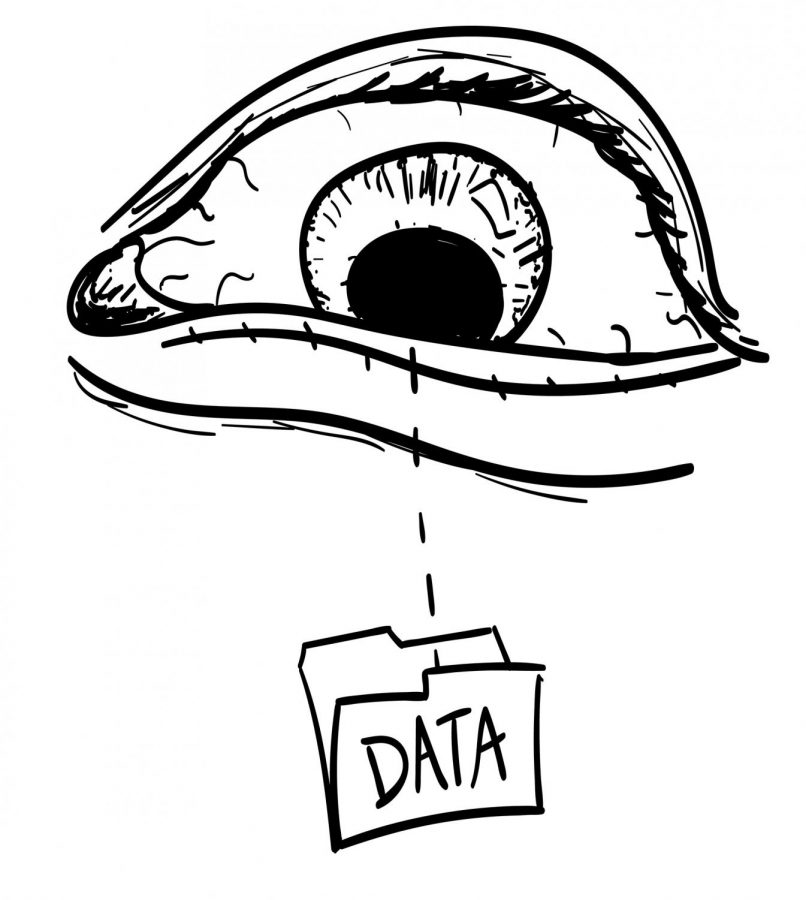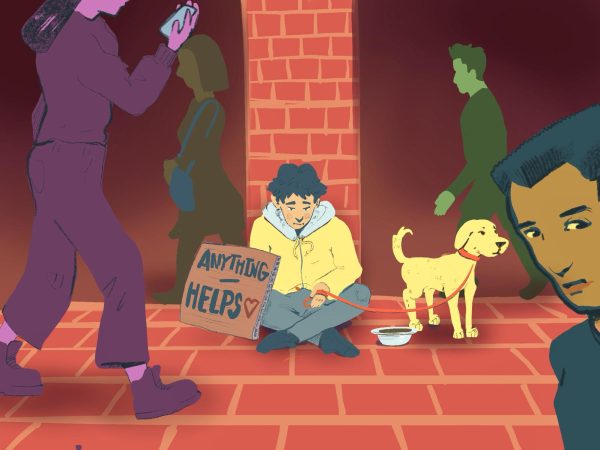Students, take back your data
October 16, 2019
Since 2018, UVM has softly rolled out its new advising software called Navigate, but how much say have students had in this process? Zero.
According to the University’s own webpage detailing the project’s history, there is no indication students were a part of the leadership team for this project, that would have had a say in how much information can be accessed and by who.
“Two small groups of faculty, staff and administrators will make up the content governance for Guide (mobile) and Campus (web),” the website stated. “Representation within the groups will come from Academic Affairs, Student Affairs and Enrollment Management.”
This week, a Cynic investigation has revealed that this new advising software has a large amount of personal information contained in it about each student and can be accessed by every single UVM professor with advising capabilities.
What the Cynic does not know is just how long that list of information is. The University has been unwilling to share and is currently investigating just how much information can be seen.
But who knows how long that process will take.
In the meantime, students should take the power back into their own hands and take ownership of their personal data by asking their advisers to tell you what information they can see about you.
But, be prepared for your advisers to not be able to adequately answer your questions.
Through the course of reporting for this piece, we found that professors in some cases were unsure if they could even show students their own academic profiles on this system.
Additionally, the University was asked multiple times to list what information has been collected on students. Each time Cynic reporters were met with the same line.
“I’m not sure if that information exists.”
But, that information does exist. An SGA senator who was interviewed for the piece showed a reporter a copy of that list.
The document breaks down what information is available for each student, who has access to that information and a comparison between the old advising system and Navigate, in terms of access to information.
The senator was unwilling to give the Cynic a copy of this document but did conclude that there’s more widespread access in the new system.
To be clear, a centralized advising system is not a bad idea. As students, we should welcome the concept of an easier and more well-informed advising system.
What is not okay is students being left in the dark in terms of how much information is available and who has access to that information.
Students, take back the ownership of your data. Ask questions and be curious. Ask yourself, who should see my information?
















![Can’t buy me [self] love](https://vtcynic.com/wp-content/uploads/2024/04/self-care-FINAL-600x398.jpg)
